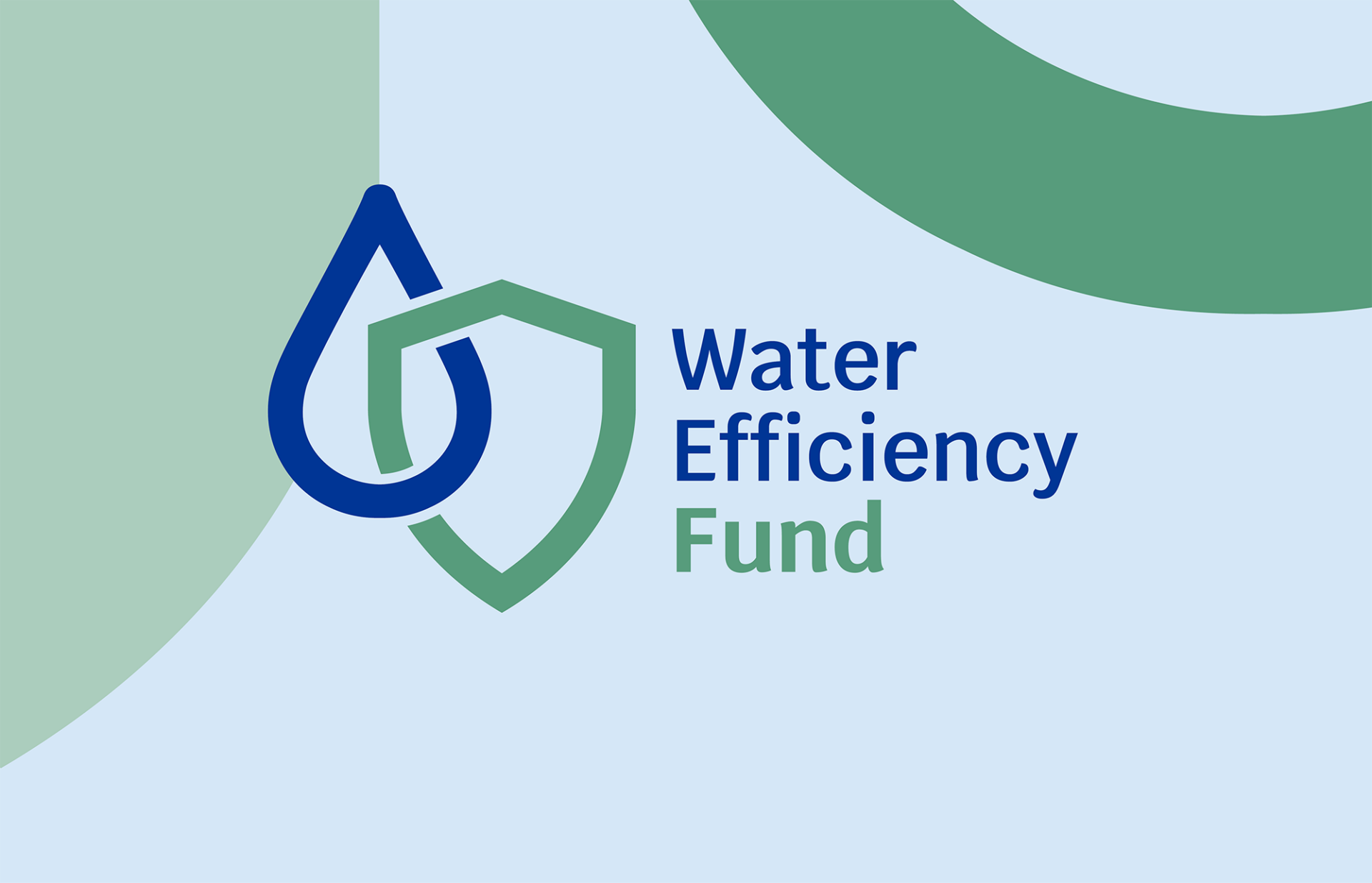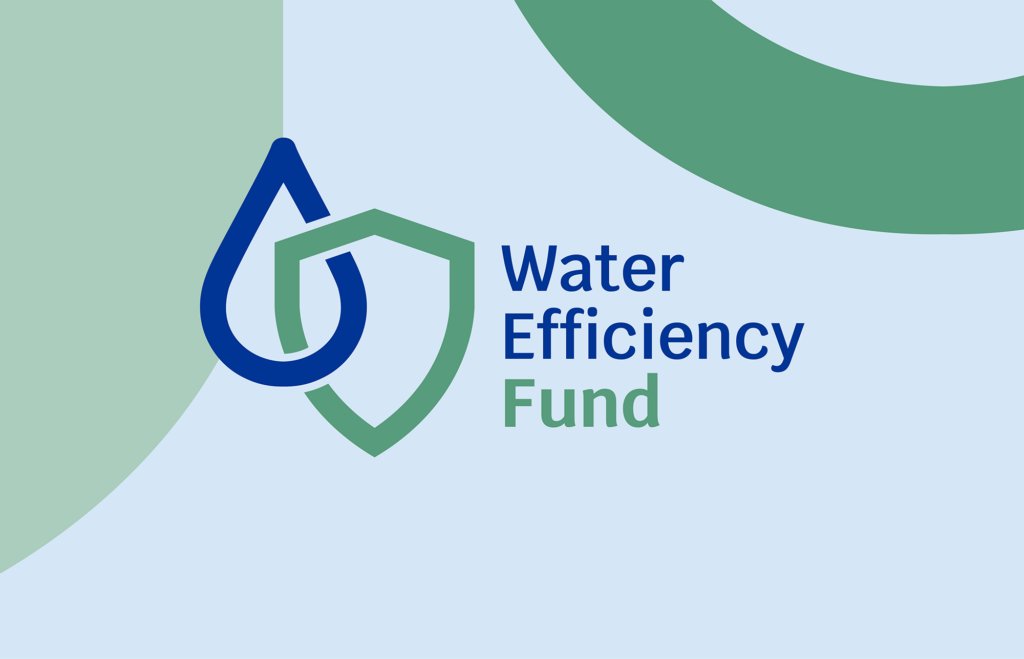Ofwat’s Water Efficiency Fund

Ofwat’s proposed £100M fund to tackle water efficiency in England and Wales looks set to be deployed from 2025. In this article we explain how the fund works, when it takes effect, and some areas of the proposed fund that we believe deserve attention.
Who is Ofwat?
Ofwat is the economic regulator of the privatised water sector in England and Wales. Its remit is to work in the interests of water consumers by making sure that water companies carry out their duties and are properly run, that the water system is resilient and sustainable, and that the market is competitive.
What is the purpose of the Ofwat Water Efficiency Fund?
The aim of the £100 million Water Efficiency Fund (WEF) is to stimulate a measurable reduction in water demand across England and Wales for both residential and business customers. It encourages collaboration and innovation that might not otherwise occur. The fund will sit alongside sector efforts to halve leakage by 2050 and develop £18bn of water supply infrastructure projects that are currently in progress.

How much of a reduction in water usage is the Water Efficiency Fund aiming to achieve?
Ofwat says it is aiming to achieve a consumption target of 110 litres of water per head per day, down from about 146 litres per head per day currently. It says this is consistent with the Government’s Environmental Improvement Plan.
Who will pay for the fund?
Ofwat proposes that bill payers in England and Wales, cover the £100 million cost of the fund – the equivalent of 62 pence a year per household on average.
What challenges does the fund address?
The fund aims to encourage people to use water wisely and help water companies overcome barriers they face in promoting water efficiency. These barriers include dependence on customer behaviour and limitations in skills and experience within companies.
How and when will the fund be used?
The fund will be divided into two streams:
The first is a large behaviour change campaign, the Water Efficiency Campaign (WEC). This would allocate up to £75m over five years to a coordinated, high profile and expertly run campaign covering England and Wales. WEC would raise awareness of the need to use less water as well as the benefits this can bring, seek opportunities to change behaviour and give people the capability to change.
The second stream is a smaller pot of around £25m over five years made available through annual competitions. Known as the Water Efficiency Lab (WEL), it would operate in a similar way to Ofwat’s existing Innovation Fund but focused solely on water efficiency.

When will the Water Efficiency Fund go live?
The first consultation on the proposed fund concluded in September 2023, and the Second Consultation closed on 25 June 2024. A final approach will be set out later in 2024 with an expectation for the WEF to be operational in 2025.
What is Watergate’s take on it?
We 100% agree that Britain’s water efficiency needs addressing and broadly welcome the proposed commitment of funds.
However, we believe there are some important watch-outs, and have shared these directly with Ofwat. These are:
1 – There must be flexibility in how funds are deployed across the two streams:
While we see the value in both streams, we believe that some innovative projects, such as those developed by Watergate, already effectively combine behavioural change and technological solutions. Allocating 75% of the fund to time-limited public awareness advertising campaigns may not yield long-term behavioural changes as effectively as investing in technologies that develop sustainable habits.
A more balanced approach could be to allow projects benefiting from the competitive part of the fund to also access some of the awareness campaign budget. Alternatively, Ofwat might consider dividing the fund into three categories:
- Awareness campaigns
- Technologies that influence permanent habit changes
- Other technology projects
This structure would ensure a more comprehensive and sustained impact on water efficiency.
2 – The fund must be accessible to all:
We believe it’s imperative that the knowledge of experts from outside the water companies is utilised. The WEL is designed to challenge existing ways of working and thinking. This means bringing in contrarian views and ‘outsiders’. Smaller innovative firms have already spent significant resources on understanding the specific challenges and can bring that expertise to the table. Not inviting these voices in means the WEF risks becoming a closed shop for the old guard of the water industry.
3 – There must be significant focus on leaks/water wastage that happens ‘beyond the stopcock’:
We know that 30% of the 3 billion litres of water lost to leaks in Britain daily happens in people’s homes and businesses. This is the equivalent of 11 million bath loads of water wasted every single day. This must be a significant area of focus as it has the potential to make a huge impact on the fund’s objectives. Technologies like ours are already proven to massively increase water efficiency beyond the stopcock, and we welcome partnering with others to expand the benefits of this approach.
You can learn more about the Water Efficiency Fund here.
